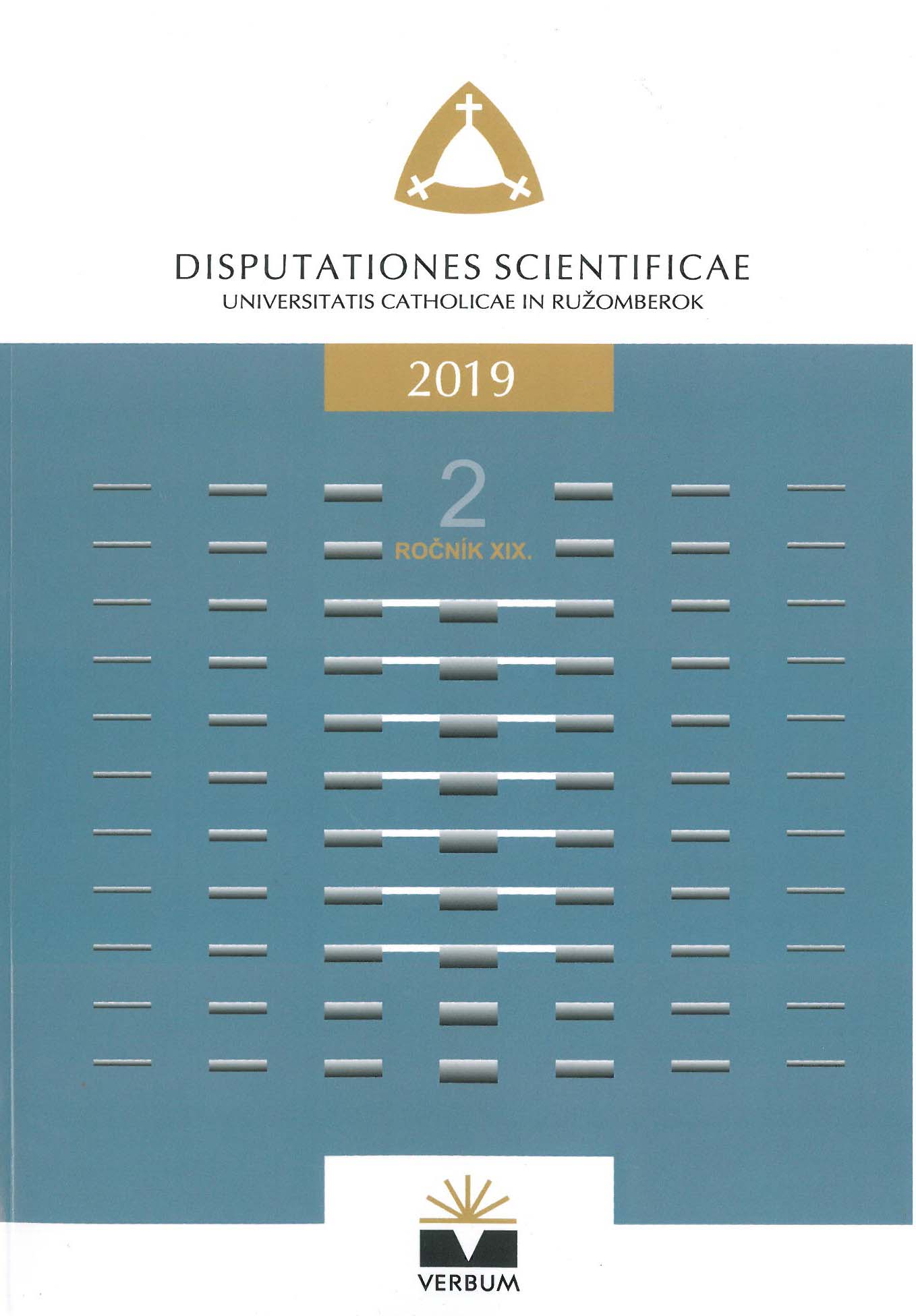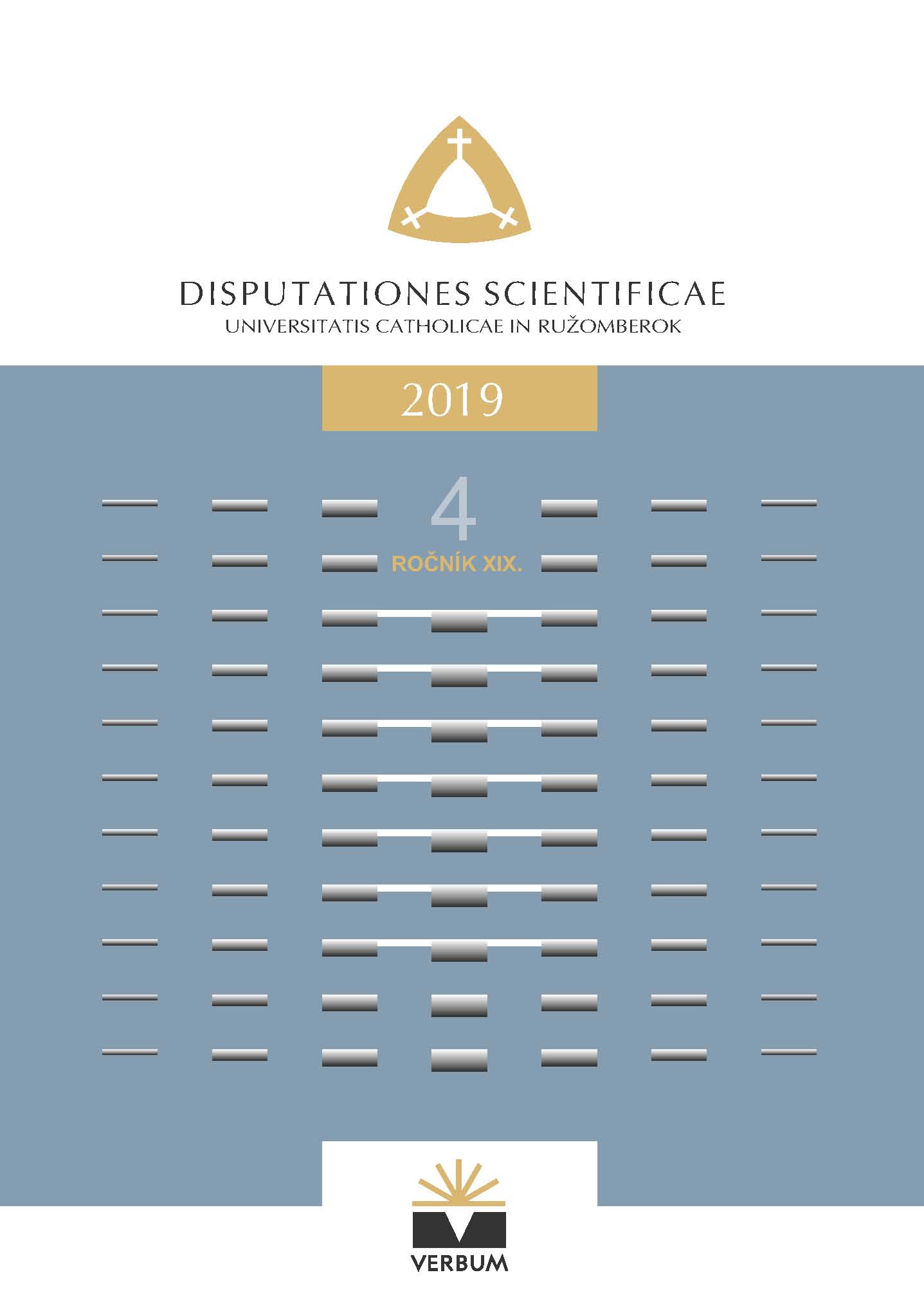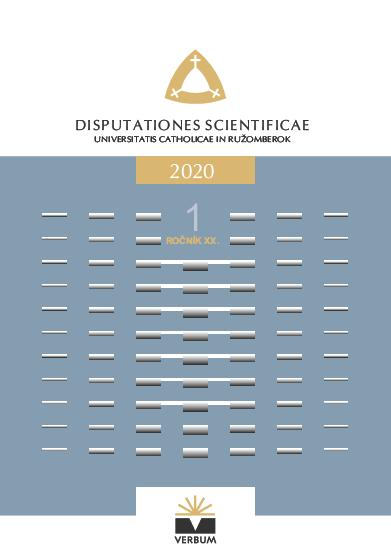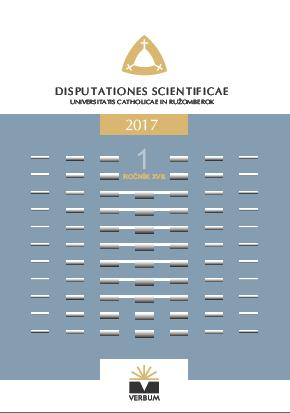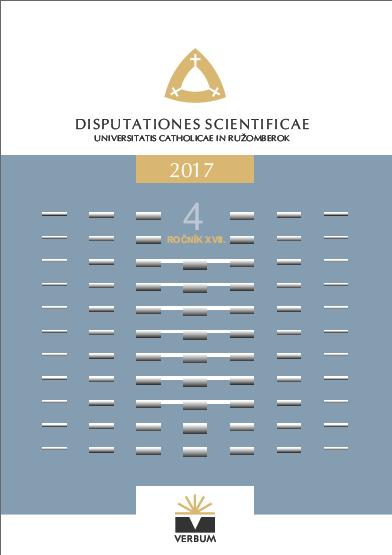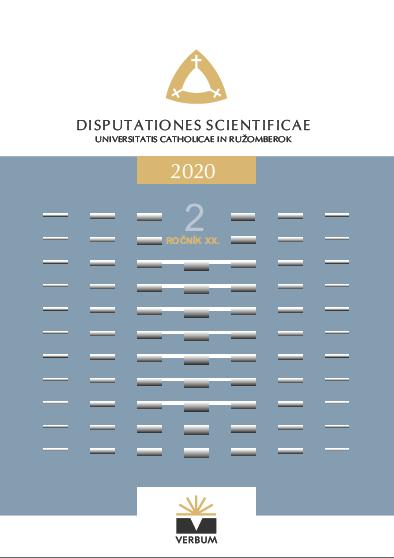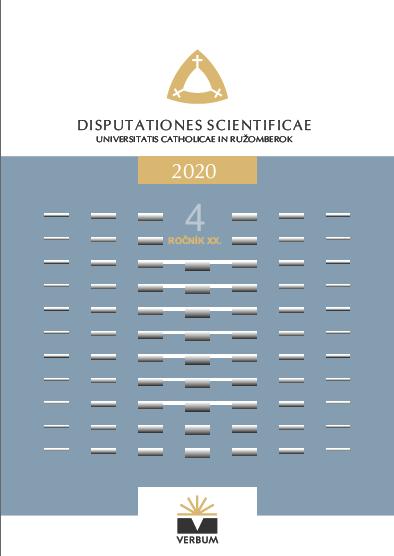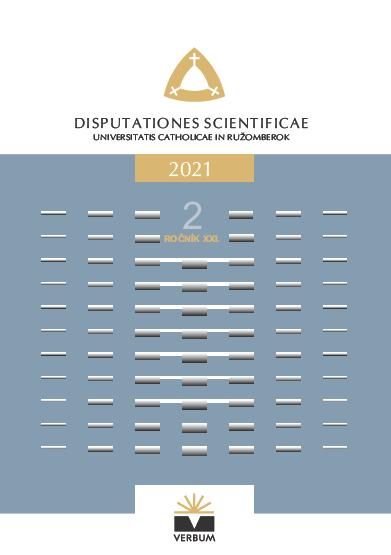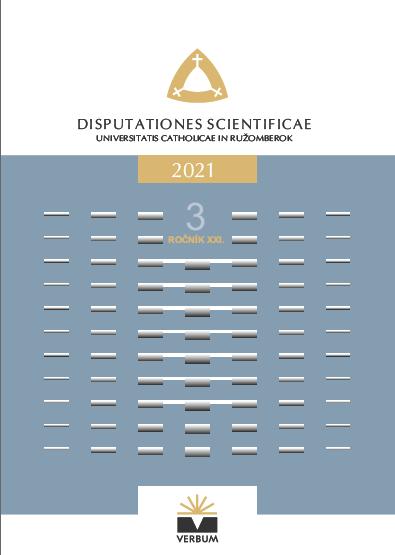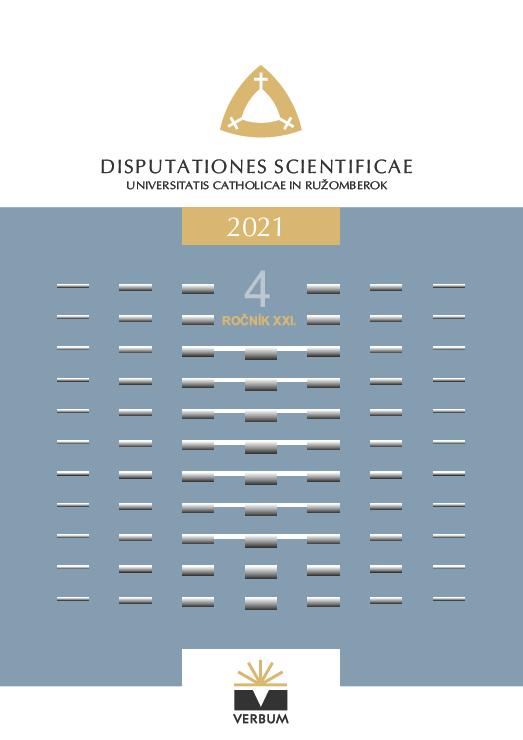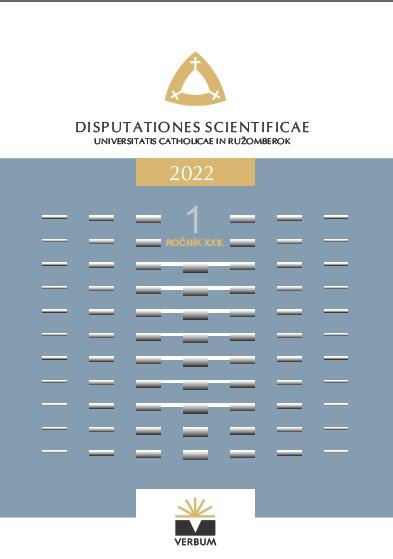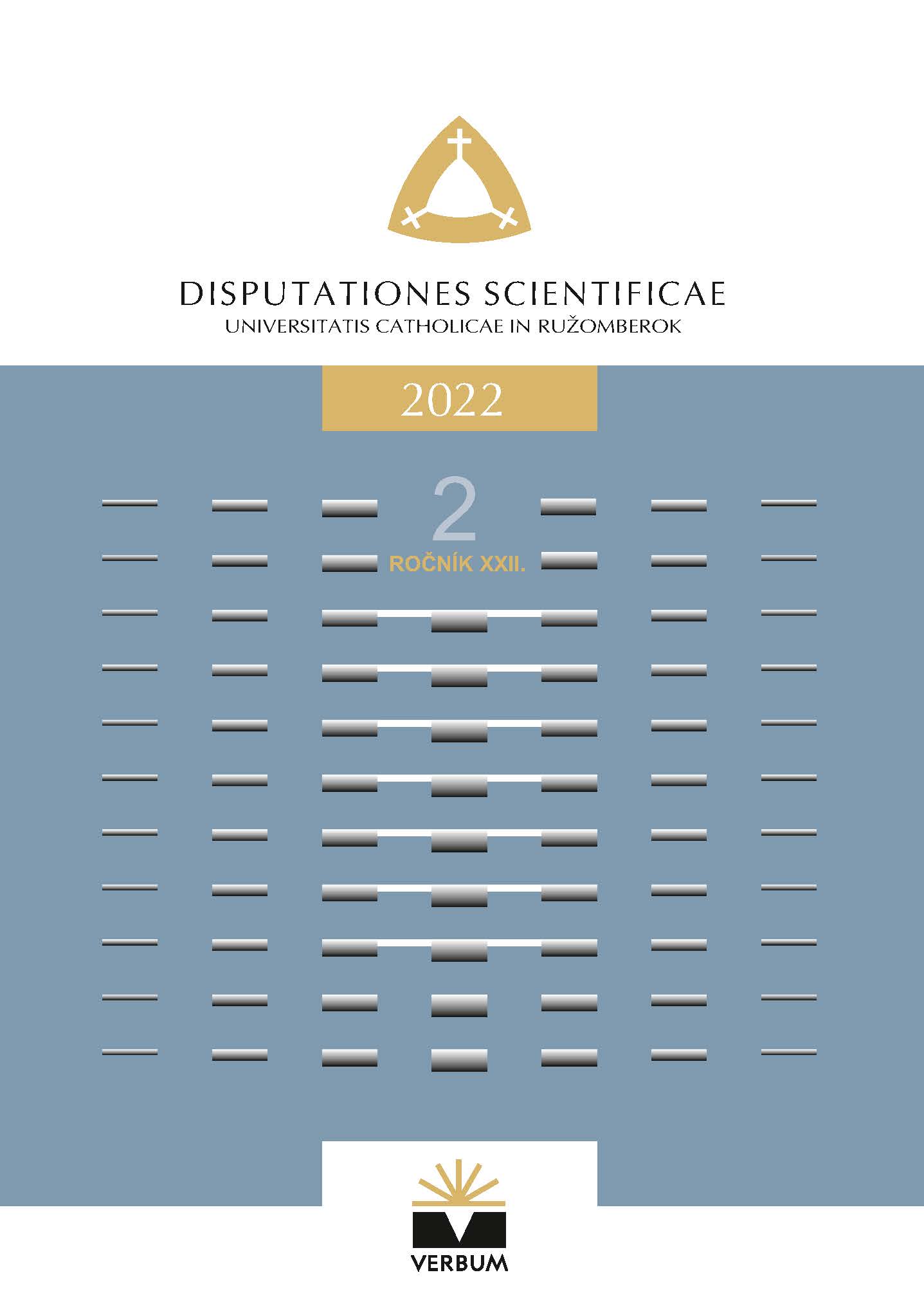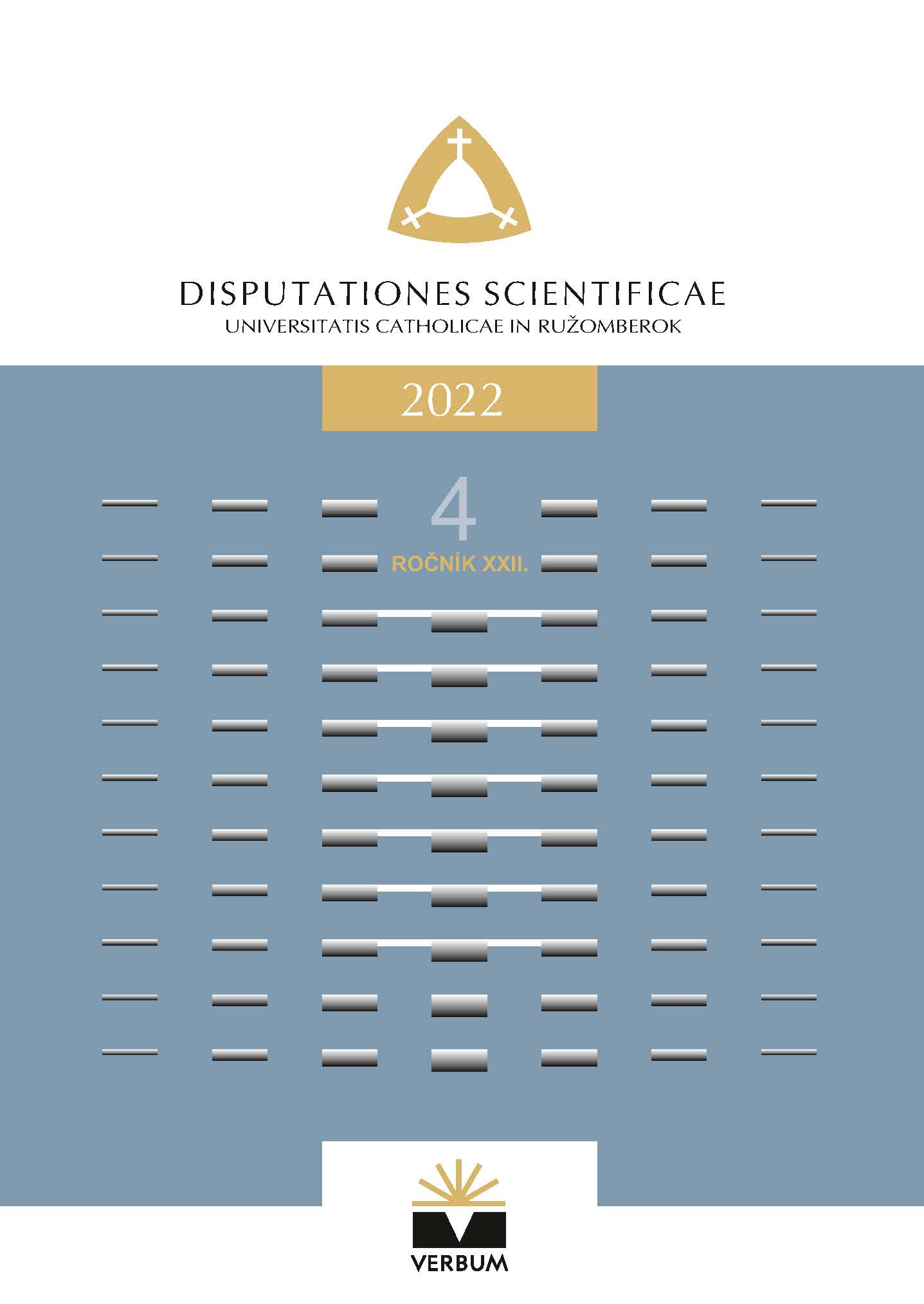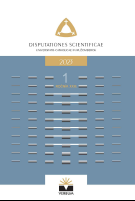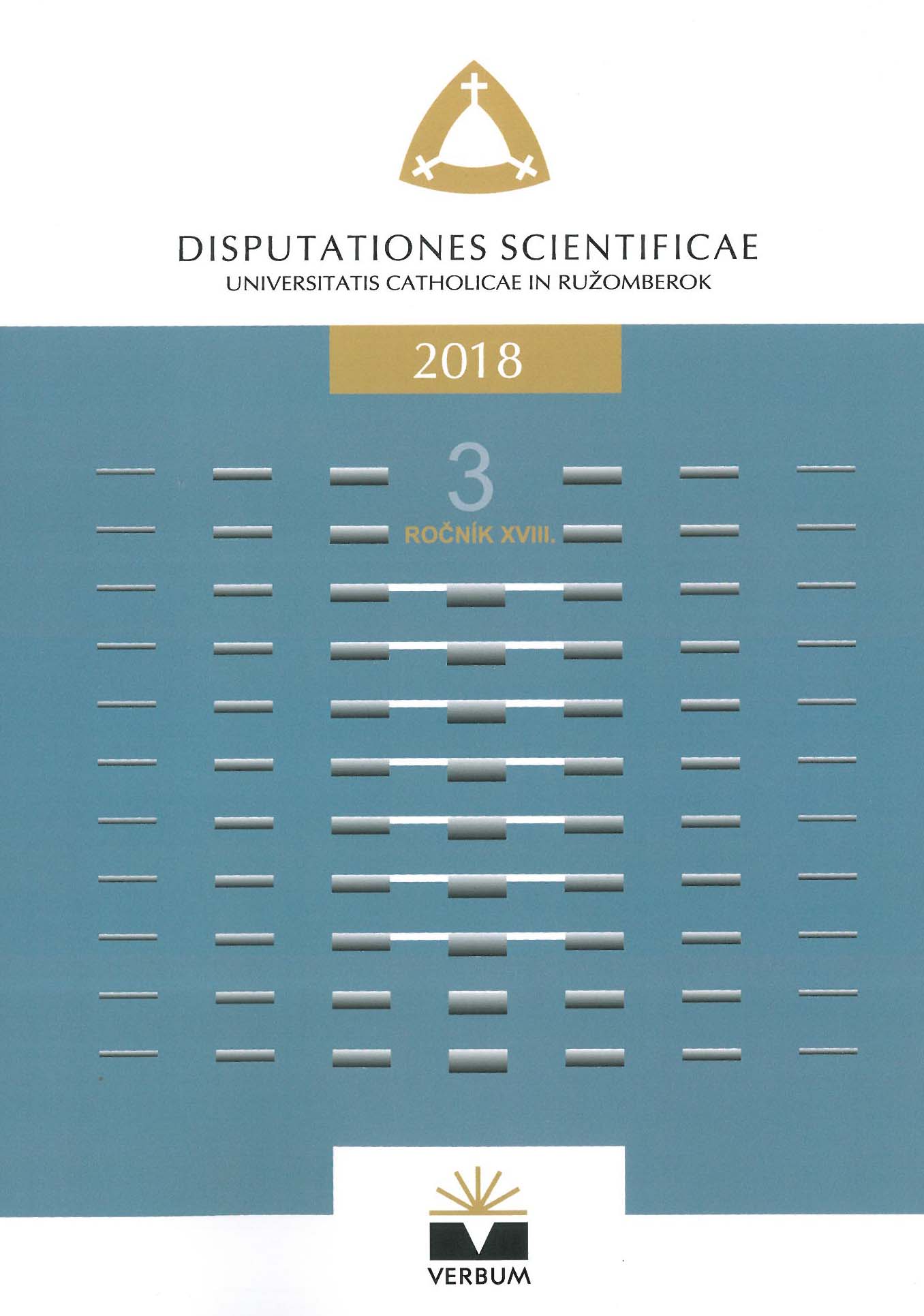
Interactions between Philosophy and Art as an Important Educational Aspect
Interakcje między filozofią a sztuką jako istotny aspekt edukacyjny
Keywords: Philosophy; Art; Science; Culture
The study takes up a significant problem which is the relationship between philosophy, science and art. Nowadays, the method of communication is an extremely important element in science, philosophy and art. Therefore, the interaction of all aspects of intellectual life – science, philosophy and art – allows us to find new spaces for the development of human thought. It should be noted that philosophy, science and art differ from one another depending on the subject, but also the means by which they reflect, transform and express the world. In a sense, art, like philosophy, reveals reality in its relation to man and presents man, his spiritual world and relationships between people in their interaction with the world. Man, as history shows, transforms the reality that exists around him using such tools as work, art and philosophy. By observing the coexistence of philosophy and art, the question arises as to how much the artistic element needs a philosophical subsidy, and whether the philosophy hidden in space illegible for contemporary man of treaties does not need artistic, visual, communication support in the way of expressing relevant content for him?
More...
